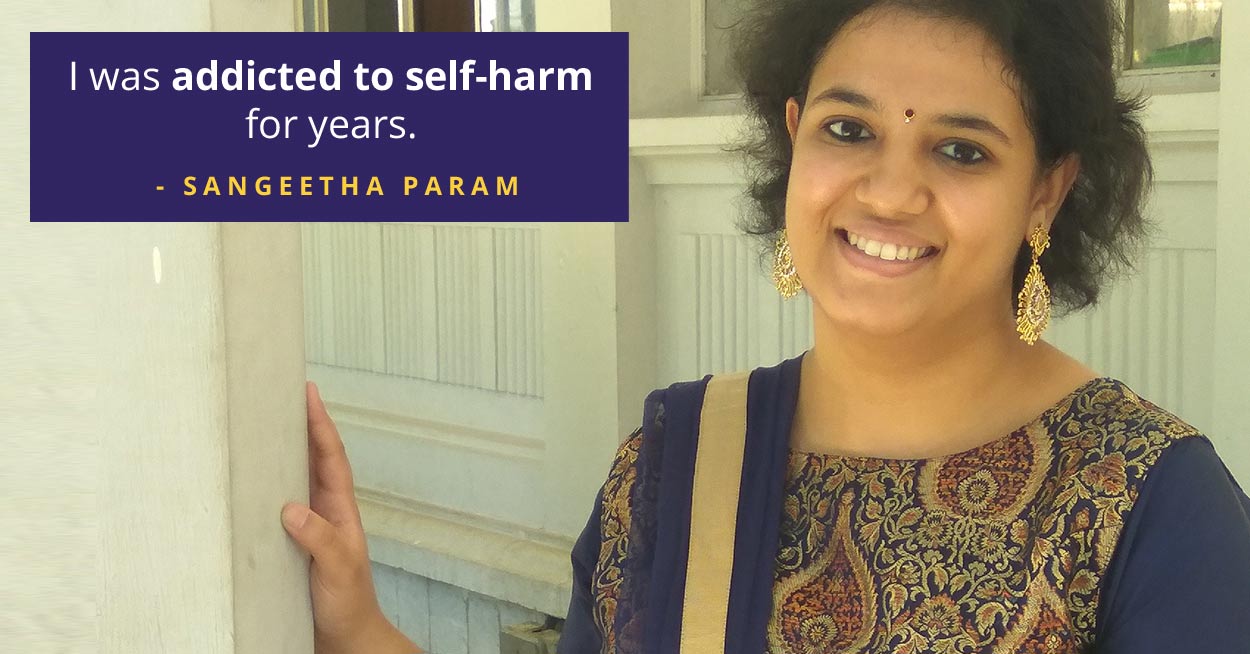Who doesn’t want to be successful? Every one of us wants to be successful and all the tips you usually get seem like a lot of work to do. Shawn Achor, the author of The Happiness Advantage and studies ‘happiness’ for years at Harvard.
Shawn’s study claims that
Success doesn’t bring happiness – happiness brings success.
He studied the outliers from data he had gathered. He wanted to know what happy people do differently than others. Shawn claims,
“Instead of deleting those people that are weirdos in the data what we do is we intentionally study them. We try and find out why it is that while an entire sales force has low numbers, we’re finding three or four people whose sales are skyrocketing. Or we’re looking at a low socioeconomic school in Chicago, where the academic scores are below average, there are a couple students whose grades are skyrocketing. By studying those outliers, what we’re doing is we’re gleaning information not on how to move subpar performers up toward that average point, but how to move people from average to superior.”
What are the different success mantras according to the research?
Success doesn’t bring happiness; happiness brings success.
We often think; “I’ll be happy after my promotion,” “I’ll be happy once I achieve my goals” etc. But according to Shawn’s research, this isn’t true. Once you achieve a goal you’re temporarily happy and then look forward to the next bigger achievement. The research showed that when you flip the formula and focus on increasing happiness, you will be increasing success.
Shawn says,
If we can get somebody to raise their levels of optimism or deepen their social connection or raise happiness, turns out every single business and educational outcome we know how to test for improves dramatically.
Shawn explains that intelligence and technical skills only predict 25% of success. The remaining 75% of long-term job success is not predicted by intelligence and technical skills. There are three umbrella categories: Optimism, social connection and the perseverance for stress.
Therefore, your attitude is very important on your path to success.
Problems are challenges, not threats.
Right after a huge banking crisis, Shawn studied bankers. He observed that most of them were stressed but few were happy and recovered quickly. These were the people who didn’t see the problems at the bank as stress, they considered them as challenges to overcome.
Shawn experimented that such positively is not necessarily inbuilt, it can be learnt. He watched groups of people over the next 3-6 weeks. They found that if the people thought stress to be enhancing there was a 23% drop in stress levels. There was a significant increase the levels of happiness and also a drastic improvement in the engagement at work.
Therefore, at times of difficulties, face them like they are challenges which can be defeated.
Have more friends as your work increases.
Shawn was a proctor at Harvard to help the freshers adapt to the stressful and competitive surrounding. He claims that people who overcome stress increase their social investments in the middle of the stressful situations. This is something you would not usually do.
In a study Hinton claims that “we found a network of supportive relationships is at the heart of happiness.” He says, “If schools want to support student well-being and achievement, they should take seriously nurturing positive relationships among teachers and students.”
While you have understood that in order to be more successful you need to be happy, you may be wondering how can that be done?
Send a “thank you” e-mail to whoever you feel like thanking.
We are in an illusion that big achievements and successful goals are the ultimate sources of happiness. But, research says that little things are more important. Shawn suggests that instead of looking forward to boosts like vacations or promotion, a smarter way would be to have little but consistent habits.
A quick “thank you” e-mail, at the beginning of the day can build a positive approach within yourself. Shawn shares,
“We’ve done this at Facebook, at US Foods, we’ve done this at Microsoft. We had them write a two-minute email praising or thanking one person they know, and a different person each day for 21 days in a row. That’s it. What we find is this dramatically increases their social connection which is the greatest predictor of happiness we have in organisations. It also improves teamwork. We’ve measured the collective IQ of teams and the collective years of experience of teams but both of those metrics are trumped by social cohesion.”
Follow the 20-seconds rule.
According to Shawn, “activation energy” stops you from making changes even when you know you should. He suggests that when you reduce the amount of required activation energy, things become easy. So, while adopting new habits try to make them 20-seconds easier.
For example, if you want to adopt the habit of going to the gym regularly then keeping the shoes near your bed, or even sleeping wearing the gym clothes will make you more likely to exercise in the gym.
There is no fixed success mantra, but you can try these fun ways to be more successful in life.



